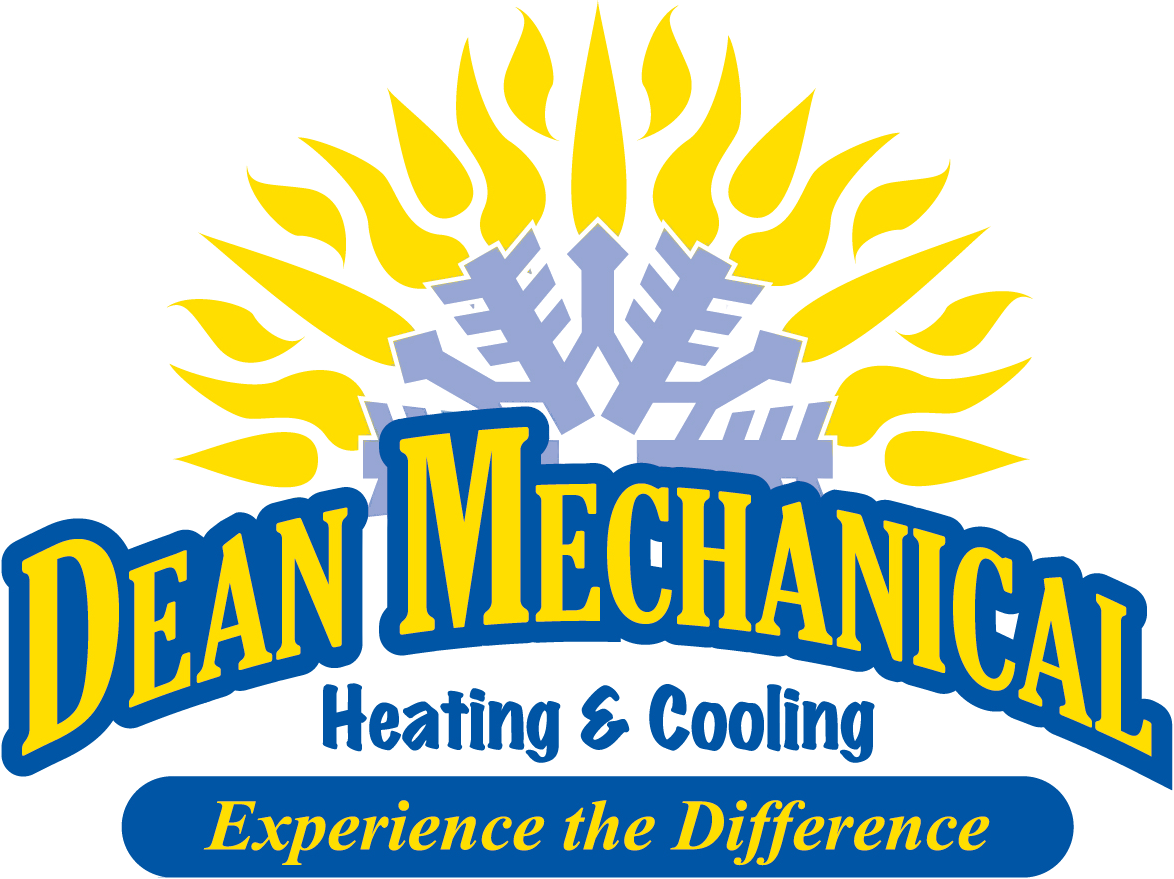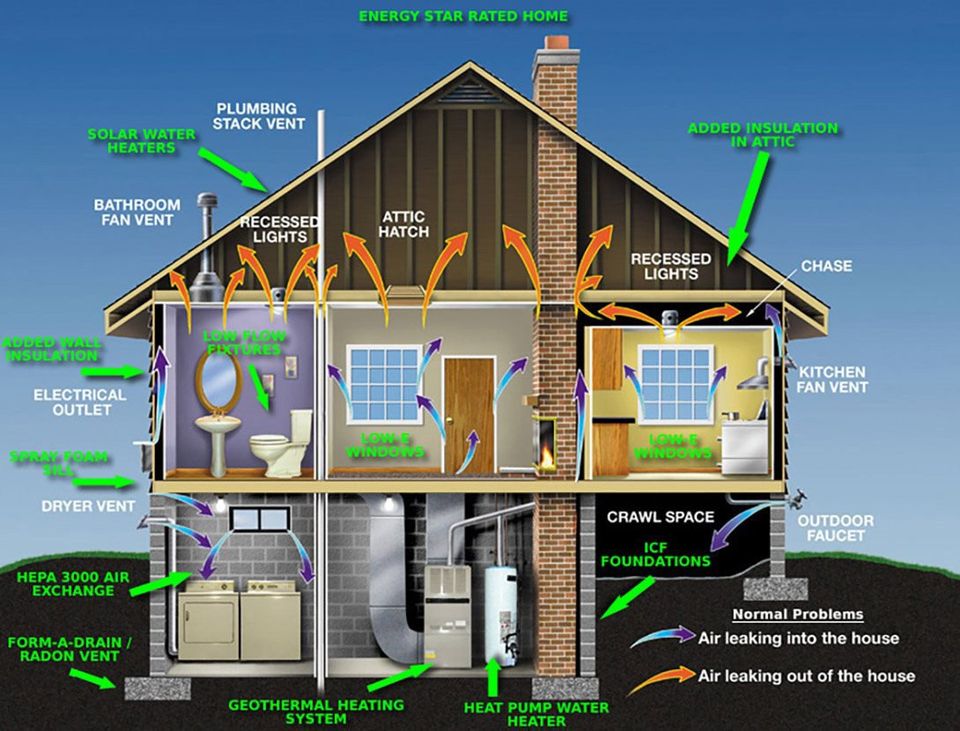Finally, it’s here: Summertime. The sunshine and warm air has brought back all the green to the trees and the flowers are blooming with every color in the rainbow. Given that many of us in southeast Michigan and beyond have been doing our best to stay home more, the chance to hit the river for a float, take the dog for a long walk through the park, or to nail that perfect cannonball into the lake is a long awaited reward for a longer than usual season of being inside.
After a long day in the sun and heat, coming home to a cool house is refreshing and relaxing. Unfortunately, as the summer heat and humidity returns, so does the return of that expensive energy bill. Here are some ways to help make sure that you are using every bit of that energy as efficiently as possible.
Hands off of that thermostat!
First things first: walking out of the Michigan humidity into an ice cold house is maybe the best feeling you can get. But many of us think we have to set our thermostats to a super low temp for this, but that’s not the case. It’s estimated that setting your thermostat higher or lower can increase the amount of energy use by 4% or more for each extra degree up or down. Setting the temp to 65 won’t cool your house any faster than setting it to 78, but it will skyrocket your cooling bill.
- Using a ceiling fan might allow you to feel the same comfort while leaving your thermostat set 4° higher than you normally would.
Nobody likes a leaky boat!
You probably wouldn’t miss water coming into your canoe, would you? It’s easy to miss hot air slowly making its way into your home, and even easier to miss the cool air leaking out. The spaces around your doors and windows can be sealed with foam to reduce the flow of air that might be sneaking in or out of your house. It’s also very easy to miss when the actual duct work that delivers the cool air throughout our homes becomes loose and starts to spill into walls and ceiling spaces rather than cooling the air in the rooms where we spend our time.
- Have a licensed HVAC technician service your ducts to check for and seal any leaks or loose joints.
How much cool air gets lost in the attic?
Attics are often the worst sources of lost air. We don’t think about it up there because we hardly ever spend any time up there. It’s usually really cold, or unbearably hot: which is the problem. When the outside is getting into your house, it makes your HVAC systems work overtime to compensate for the lost cool or warm air. Some years back, my parents had their attic fully insulated for the first time since they moved in, and right away they had to adjust the temperature on the thermostat because their whole house was too hot…in January. An attic full of hot air might be a little like your house wearing a winter hat in July.
- Properly insulating your attic is one of the best ways to make your house more energy efficient for both winter and summer.
How often does my condenser need service?
Just like you and I, your HVAC system needs a regular checkup. Not only can regular wear and tear cause your cooling system to work less efficiently, but it’s also possible that the A/C unit that you have to weed whip around is actually 12 years old or more. For those of you who have recently updated your A/C unit you might only need a regular check up to be sure it’s still running tip-top. Just change the filters and you’re good to go. But for others, an outdated A/C unit is likely to be less efficient ever while running well.
Spend more time on summer-time fun!
I’ve lived in other states, and I can tell you by experience that nothing beats a Michigan Summer. While some energy management habits can be simple to do, others can be too much for most homeowners. Evaluating your home’s energy efficiency as well as your total HVAC systems condition are important steps for the cost of maintaining your house as well as the comfort and wellbeing of you and your family. Dean Mechanical is able and ready to assess all your energy efficiency needs.


